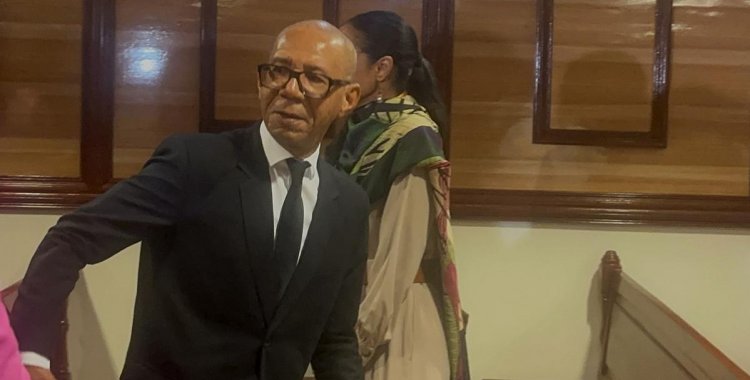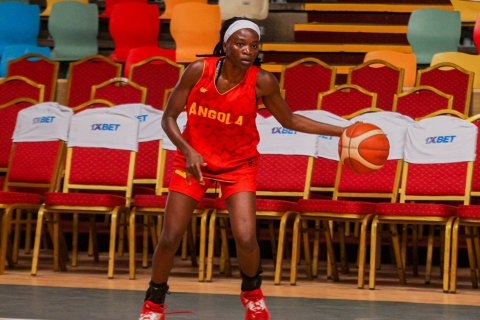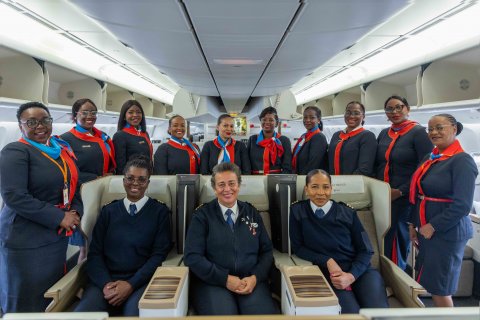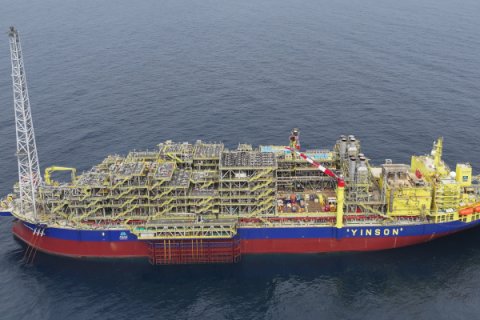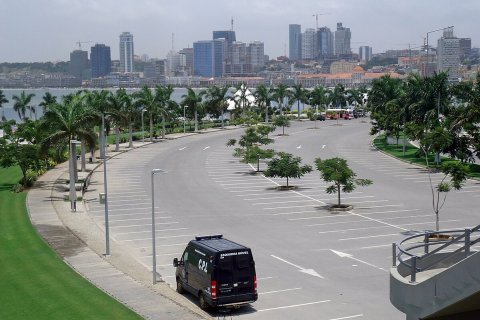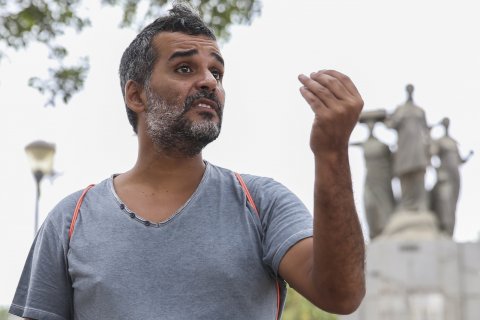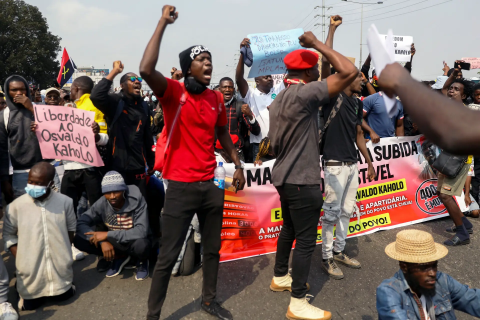"The State was not, under any circumstances, harmed by any conduct of the GRN, because it carried out the projects mandated and approved by the Council of Ministers. [For] what was not carried out, the GRN cannot be held responsible," said the general, on the second day of testimony in the context of the trial in which he is accused of the crimes of influence peddling, money laundering, embezzlement, fraud by defrauding, document forgery, criminal association and abuse of power.
The GRN was an entity created to coordinate and implement the efforts to rebuild the country after the Civil War, which ended in 2002.
"Kopelipa" is a defendant in the case whose trial has been taking place at the Supreme Court in Luanda since March 10, along with Leopoldino Fragoso do Nascimento "Dino", Fernando Gomes dos Santos, Yiu Haiming, and the companies Utter Right International Limited, Plansmart International Limited and China International Found (CIF) Angola.
The interrogation of the former strongman of former President José Eduardo dos Santos (now deceased) began on Monday and continued on Tuesday, and is expected to end on Wednesday.
In Tuesday's session, Manuel Hélder Vieira Dias Júnior "Kopelipa", who was director of the GRN between October 2004 and May 2010, was questioned again by the panel of judges, led by reporting judge Anabela Valente, the Public Prosecutor's Office and the defense.
As happened on Monday, the defendant answered all the questions he was asked while standing for more than four hours, with a short ten-minute break, with meticulously directed answers to the "venerable presiding judge of the case", whether they were made by his assistants, the Public Prosecutor's Office or the defense, and even drew smiles from the courtroom when he asked the court whether he was referring to his legal representative as a "lawyer or attorney".
The court on Tuesday once again insisted on the relationship between the GRN and the CIF, whether a loan of 150 million dollars was granted to China Sonangol International Limited, the allocation of land to the CIF and the construction of new urban developments under the national urban planning and housing program.
"Kopelipa" explained that the government, with the aim of meeting the "critical need" for housing in the country, launched a construction program that initially advanced with the construction of condominiums by private individuals in Talatona, but the impractical prices left ordinary citizens out, with the housing going from the planned 100 thousand dollars to 500 thousand to one million dollars.
According to the accused, it was with the intention of "correcting the shot" that the former Angolan president decided to provide for a "public grant" in subsequent projects, aimed at civil servants, which was then the responsibility of the GRN.
Regarding the voluntary handover of assets belonging to CIF to the State, as stated in the complaint, the defendant clarified that it was at the request of the Attorney General's Office that he contacted the company's shareholders to proceed in this way, and a power of attorney was issued for this purpose.
The defendant, a former minister at the Presidency and head of the Military Household, emphasized that it was as an agent, and not as the owner of the companies, that he participated in the process of handing over the assets to the State.
"As a citizen, I understood that my collaboration was useful and I went to talk to them, but it took some time for them to hand over the assets. CIF was made up of IF [Financial Investments] and two Chinese companies. I managed to contact the Angolan company, but not the Chinese ones," he stressed.
"I delivered it at night and I admit that I did not read what I signed", said the accused, referring to the document that was given to him by the PGR that night to sign, without being accompanied by a lawyer, and he ended up signing the document "believing that it was in accordance" with the mandate given to him.
When asked by the Public Prosecutor's Office magistrate whether, as director of the GRN, it had ever occurred to him to report acts committed by the CIF to the PGR, "Kopelipa" replied that no wrongdoing had come to his attention and, if there had been, "he would be the first to report it".
The Public Prosecutor's Office also wanted to know whether the accused had personally met "Madame Lu Fong" and the Chinese businessman Sam Pam, the intermediary for business between Angola and China in the post-war period. "Kopelipa" replied that he had had a few meetings with both, but did not have "a good relationship" with them.

